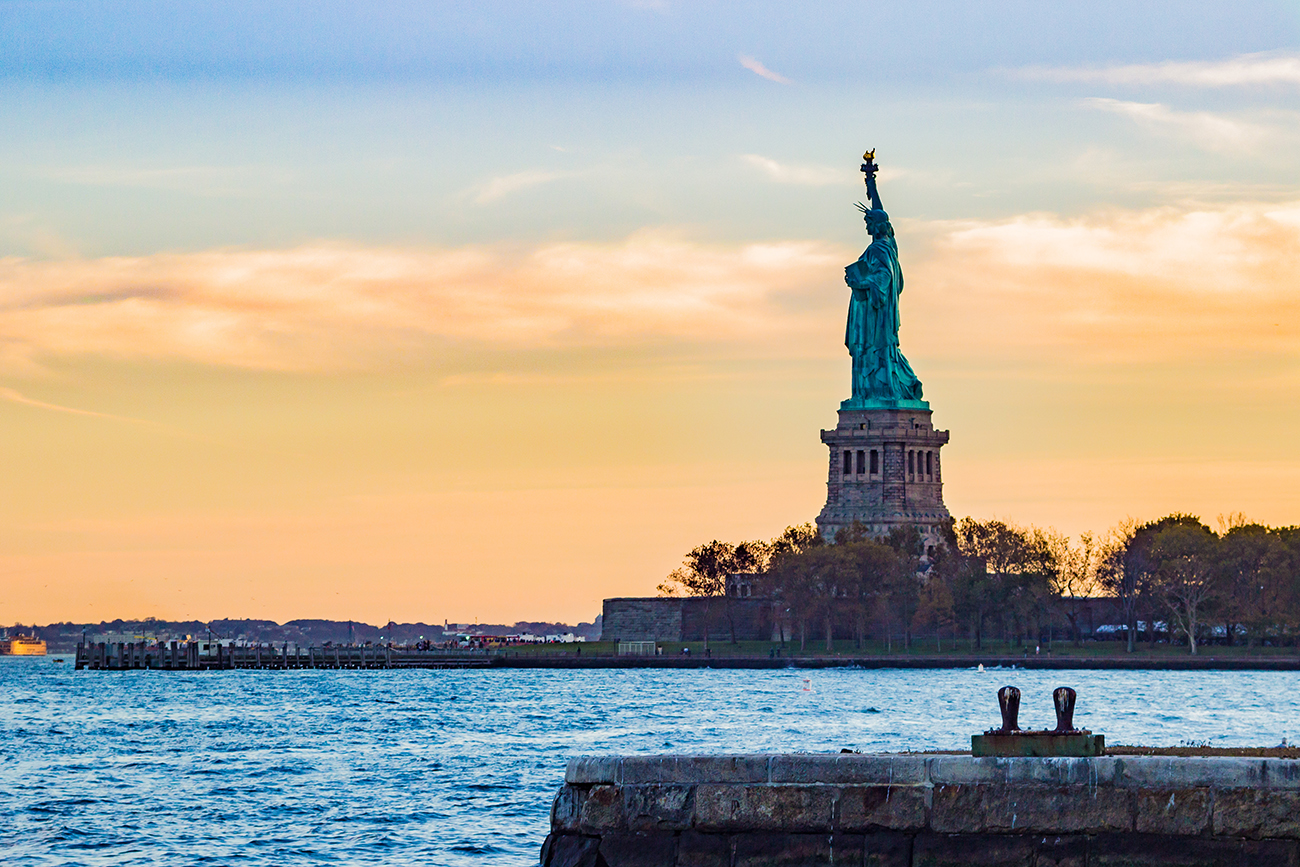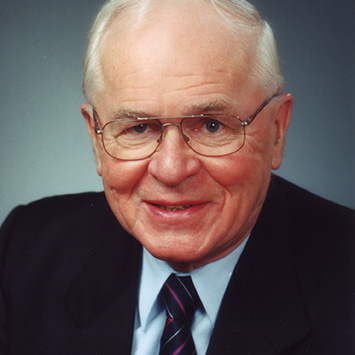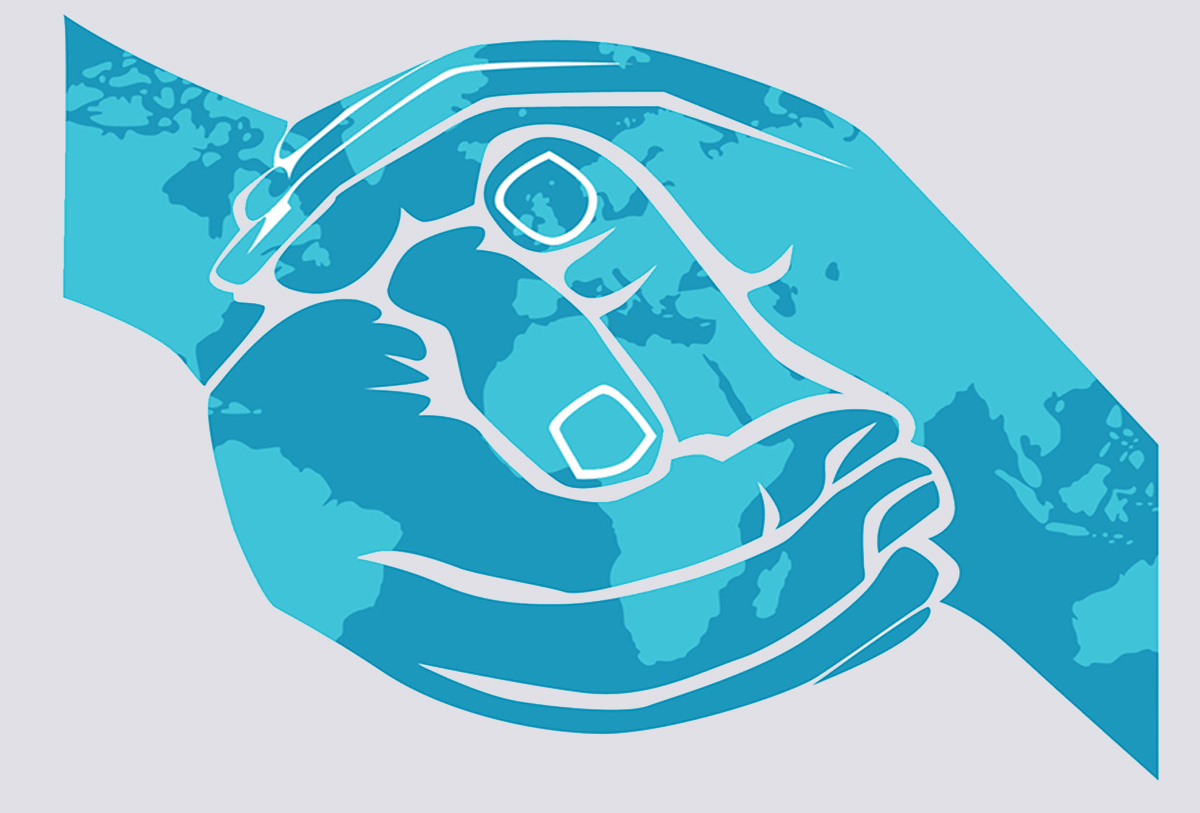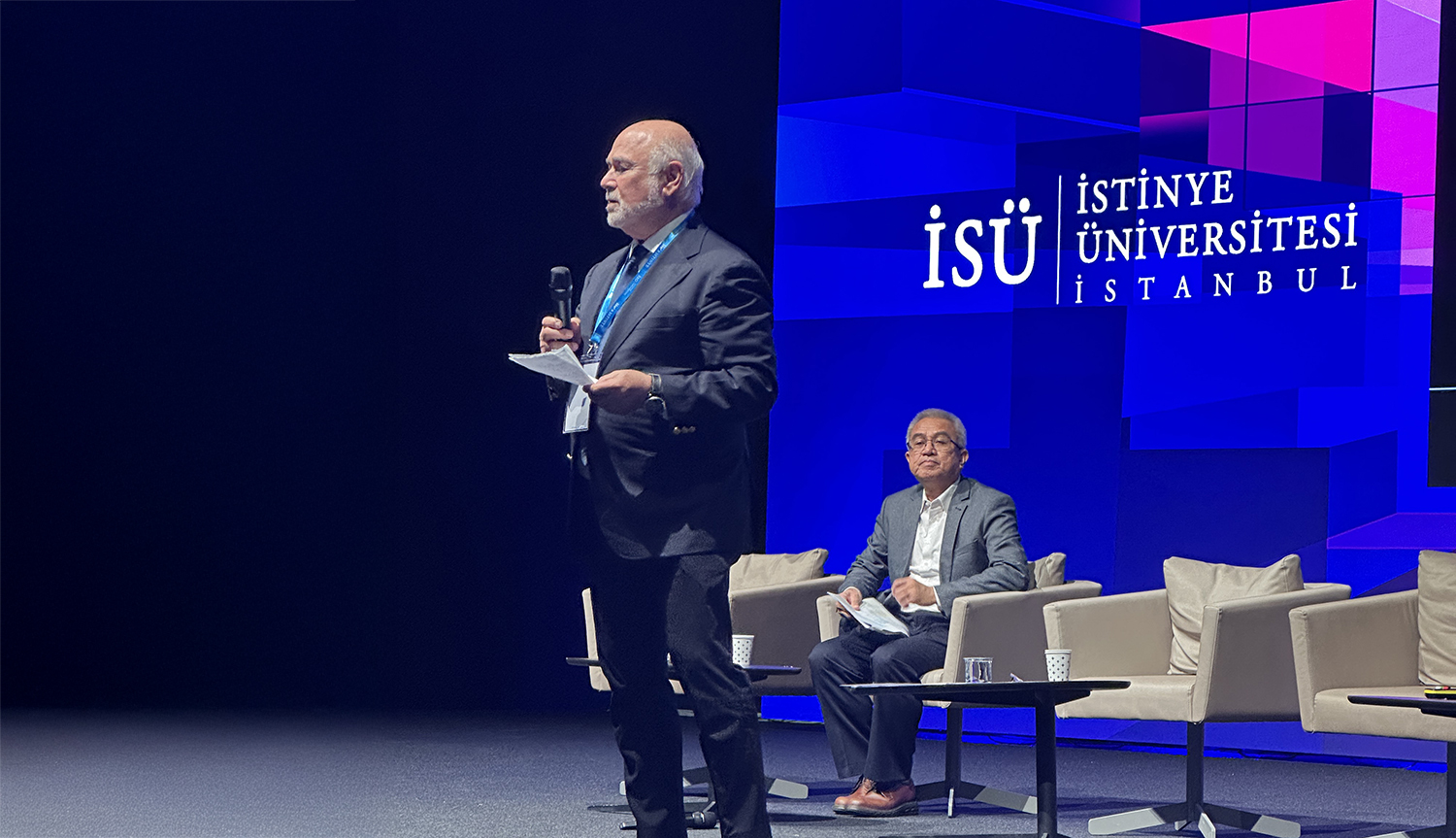The following address by Hon. Douglas Roche, O.C. was part of a webinar organized by the Inter-Parliamentary Union and the World Academy of Arts and Science — “Building Trust, Building Peace – How Can Parliamentarians Bridge Divides?” — on December 5, 2024.
It is not necessary to be either a supporter or opponent of Donald Trump in order to recognize that his re-election as president of the United States challenges the world to reassess how to deal with the existential threats of global warming, nuclear weapons and economic and social development. It is apparent that Trump’s re-election to the presidency of the United States is already having a profound effect on international affairs, and it is not an exaggeration to say that how the international system responds to the present instability of the international order will affect humanity for the rest of this century.
There is much evidence to show that humanity is on a journey from the old culture of war that dominated the 20th century to a new culture of peace, envisioned and charted in the United Nations system but still far from becoming the basis of public policies for the 21st. This journey might take a century to complete, so vast are the changes required to achieve the human right to peace. Right now, the world is passing through a dark valley, a darkness that is exacerbated by the unsettling jolts of “Trumpism,” and public policies are confused and contradictory. I look to parliamentarians, the very people who legislate public policies, to reassess their priorities and put more energy into developing public policies for the common good. There is a new need to inter-twine visionary and pragmatic politics.
We should expect that Trump’s influence will determine the timing of the end of the Ukraine War and the fate of the people of Gaza. The millions of undocumented migrants in the U.S., most of them now terrified, will certainly be affected. U.S. defence spending, now greater than that of the next ten countries combined, will doubtless rise, and the military-industrial complex will celebrate Christmas every week.
But the days of the U.S. being the lone superpower in the world are gone. Do not misunderstand: the U.S. remains a very powerful country, but the emergence of new players on the international scene makes 2025 a very different landscape than 1989, when the fall of the Berlin wall and the end of the Cold War magnified the importance of America.
There is, first of all, the emergence of China. China’s rise from a poor developing country to a major economic power in about four decades has been spectacular. Though still behind the U.S. as an economic superpower, China’s “belt and road” initiative has established economic ties to developing countries, enabling it to control the development of critical minerals and resources. Its influence in expanding the yuan’s role in international trade in the world signals a broader effort to reshape the global financial architecture.
Second, the BRICS have begun to rival the dominance of the U.S. dollar and generally are becoming an alternative to Western dominated financial institutions. The organization wants to stimulate trade through a common currency. This is already lessening American influence over world transactions.
Third, Africa has the fastest growing, youngest population of any continent and by 2050 will contain 2.5 billion people. One in four people on the planet will be African. China is already Africa’s largest trading partner. American influence is in decline with a broad shift in the region away from Western nations and towards Russia and China.
China, the BRICS and Africa are just a few examples of the relative decline of U.S. influence. As we look out to the horizon, we can see an America challenged by new entities that were unforeseen even a few decades ago. At the very moment the world community has recognized that the existential threats of climate change, nuclear weapons, pandemics and forced migrations of people challenge world stability and therefore must be countered by joint action, Trump has decided to go it alone. He is out of step with the march of history.
World institutions are evolving and will not in the future be so dependent on American goodwill or as susceptible to American influence. In an unintended way, Trump may actually be contributing to the maturation of the rest of the world, which is discovering it can move to its own drummer, not the American bugle.
Now is the time for other nations to step up and play a greater role in strengthening the United Nations. The Pact for the Future, adopted at the recent U.N. Summit of the Future, charts “a path to a brighter future for all of humanity” based on a recommitment to international cooperation and international law. This will not happen unless governments in all regions take a more serious approach to financing U.N. work. It will be very hard, if not impossible, for the U.N. to meet the human security challenges while it is so dependent on U.S. financing. Other countries must step up to save the U.N. as a principal instrument for peace.
But what do we see? The money pledged at COP 29 to help vulnerable countries deal with climate change and the money so far spent on the Sustainable Development Goals are shockingly and lamentably low. Yet the money spent on armaments is at an all-time high. The U.S. plans to spend $1.7 trillion over the next 30 years rebuilding its entire nuclear arsenal; the other nuclear countries are also enlarging their nuclear stocks. All this is a direct violation of Article 26 of the U.N. Charter, which calls for the least diversion of public moneys into armaments.
U.N. reform is not just about mitigating the effects of the veto and the addition of new permanent members of the Security Council, it also requires a greater sense of responsibility by the major governments in how they spend money. It is a grave offence against the human right to peace of every person on the planet for governments to neglect the human condition as they prepare for war, and they should be called out for this inversion of values.
Here is where parliamentarians can shine in raising the level of debate on the human security agenda. The voice of parliamentarians on the great issues of human survival is desperately needed. Parliamentarians must lead in the development of public opinion on climate change, nuclear disarmament, and achieving the Sustainable Development Goals.
The Inter-Parliamentary Union is poised to lead in this work. Your mission is to promote peace, democracy, and sustainable development. Your presence in 181 parliaments gives you a wide platform. Parliamentarians for Global Action (PGA) is another political body pressing governments to act. Also, Parliamentarians for Nuclear Non-proliferation and Disarmament (PNND) is a non-partisan forum for parliamentarians nationally and internationally to engage in cooperative strategies for nuclear nonproliferation and disarmament. All told, parliamentarians around the world have effective opportunities to press governments through motions, parliamentary debates and expanded committee work.
I am a realist for peace. That means I think we may be able to save the ecosystem from collapsing, eradicate the worst forms of poverty, and prevent the destruction of huge areas of the planet from nuclear warfare – or we may not. Human beings have never been so well equipped to determine their own future as at this moment. But the challenges to global security – our very survival – are greater than at any time in history. It is knowledge and the structures for peace already in place that give me hope for the future.
Many scoff at hoping for peace in today’s ugly environment. They think that peace is a mythical rainbow that we will never reach. They think of peace in terms of perfect harmony, which is certainly an illusion unless angels take over the planet. That is not the peace I seek or hope for. The peace that is possible in this vale of tears is common survival. This requires a common security agenda, exactly what the Pact for the Future pointed to. There is nothing wistful or wishful about that. It is a pragmatic understanding that no one is safe in this globalized world until all are safe.
President Trump cannot kill the culture of peace. The ongoing work for a safer, saner world cannot be stopped. This knowledge gives us hope.
Former Senator, the Hon. Roche, O.C., is on the Board of Advisors of the Global Security Institute. He is an author, parliamentarian and diplomat, who has specialized throughout his 40-year public career in peace and human security issues. He lectures widely on peace and nuclear disarmament themes. Mr. Roche was a Senator, Member of Parliament, Canadian Ambassador for Disarmament, and Visiting Professor at the University of Alberta. He was elected Chairman of the United Nations Disarmament Committee at the 43rd General Assembly in 1988. His latest book is Keep Hope Alive: Essays for a War-free World (Amazon)







